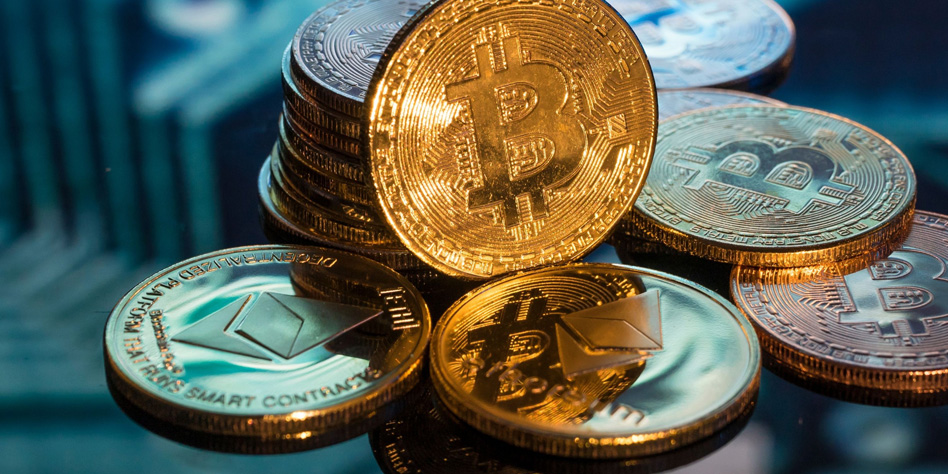
Crypto investors who wish to earn passive income from their digital assets may want to consider staking them. Staking offers profits without having to sell or trade your crypto. Crypto staking is like putting your money in a high-yield savings account. You deposit funds in a savings account and the bank uses it by lending the money. In return for locking up your funds for a certain time period, your money earns interest. For crypto, you lock up your coins and they “work” on the blockchain. As a reward, you will earn a certain percentage that is typically higher than bank interest rates.
Staking is only possible on blockchains that use the proof-of-stake (PoS) model, such as Solana, Tezos, and Algorand. When you pledge your coins, you become a participant or validator in a cryptocurrency protocol. The protocol randomly selects validators to create a block. The more coins you pledge, the chances of being chosen as validator for the new block increases. Staking allows the production of new blocks without relying on ASIC mining hardware. Typically, mining produces new blocks on the blockchain. New blocks help the blockchain maintain its security and efficiency. They also make the blockchain more resistant to attacks and strengthen its ability to process transactions.
Each blockchain network uses a different way to calculate rewards. They consider factors such as the number of coins staked by the validator, how long a validator has been actively staking, how many coins in total are staked on the network, and the inflation rate. Some networks offer a fixed percentage. Staking Rewards, an information hub on crypto staking, says that the average interest rate among 214 assets is 10.57% annual yield. This percentage could change over time. The fiat value of the staked coin must also be considered. Rewards may be in the form of the cryptocurrency you staked or another coin on the network.
Another way to stake crypto is to join a staking pool. A staking pool allows multiple crypto holders to pool in their coins, which grants the staking pool operator a validator status. Stakeholders earn rewards in proportion to the tokens they pledged.
Staking your crypto is beneficial because it is an easy way to earn passive income. You contribute to the security and efficiency of the blockchain without having to mine. It has its risks, too. As crypto investors know, coin prices are volatile. If your staked assets drop in value, it will cancel out any interest you earned. Staking requires locking your coins for a certain amount of time and you cannot sell or trade them during the lock-up period. Taking your coins out or “unstaking” may take seven days or more.
You’ll need to own digital assets that use PoS. The most popular ones are Ethereum, Cardano, Polkadot, Solana, and Cardano. If you don’t have any of these, you’ll need to purchase them. The most convenient way to stake is via exchanges like Coinbase, Binance, and Kraken, which offer in-house staking. There are also platforms that specialize in finding the highest interest rates, such as EverStake, BlockDaemon, and Figment. Note that these exchanges or staking-as-a-service platforms will have different offerings, rules, and fees. Research before you jump in.
You can earn more crypto through staking, especially if you are not planning to trade or sell it soon. Make a careful evaluation of the cryptocurrency you want to stake and make sure that it’s an excellent investment before staking it.
Monero uses proof-of-work and you can’t stake XMR on its network. Coinloan, Binance, OKX exchanges do offer XMR staking, but privacy enthusiasts should note that exchanges require KYC. Monero owners need to have secure crypto wallets to keep their XMR in, whether or not they intend to stake them. There are a great deal of hot and cold wallets available for each type of crypto asset and it’s highly recommended that you have both kinds. If you’re looking for an open-source web-based Monero wallet, sign up for an XMRWallet. It enables you to have faster, easier, and uninterrupted Monero transactions.
